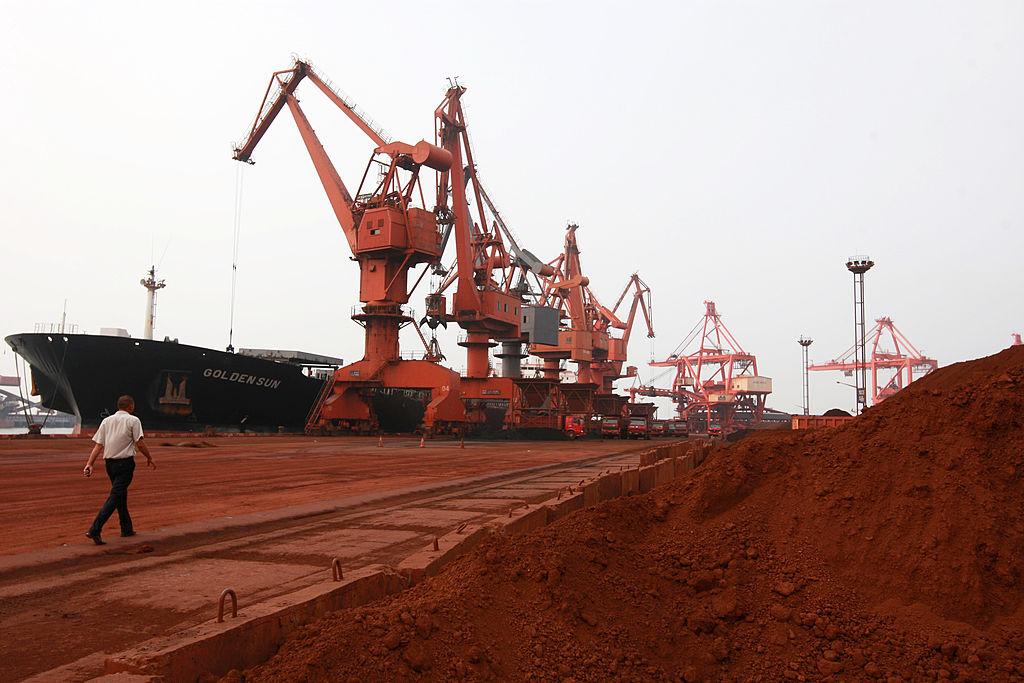News Analysis
WASHINGTON—China may take the drastic step of restricting exports of rare-earth elements to strike back at the United States, as the trade war between the world’s two biggest economies continues to intensify. However, Beijing’s use of these strategic metals as a policy weapon against Washington has devastating consequences and may backfire, according to experts.





